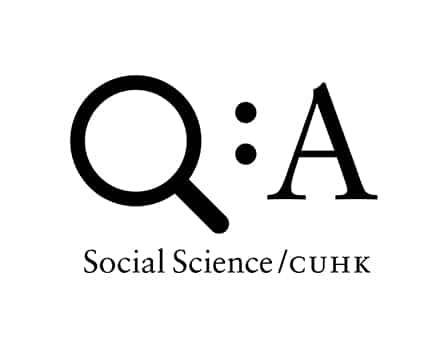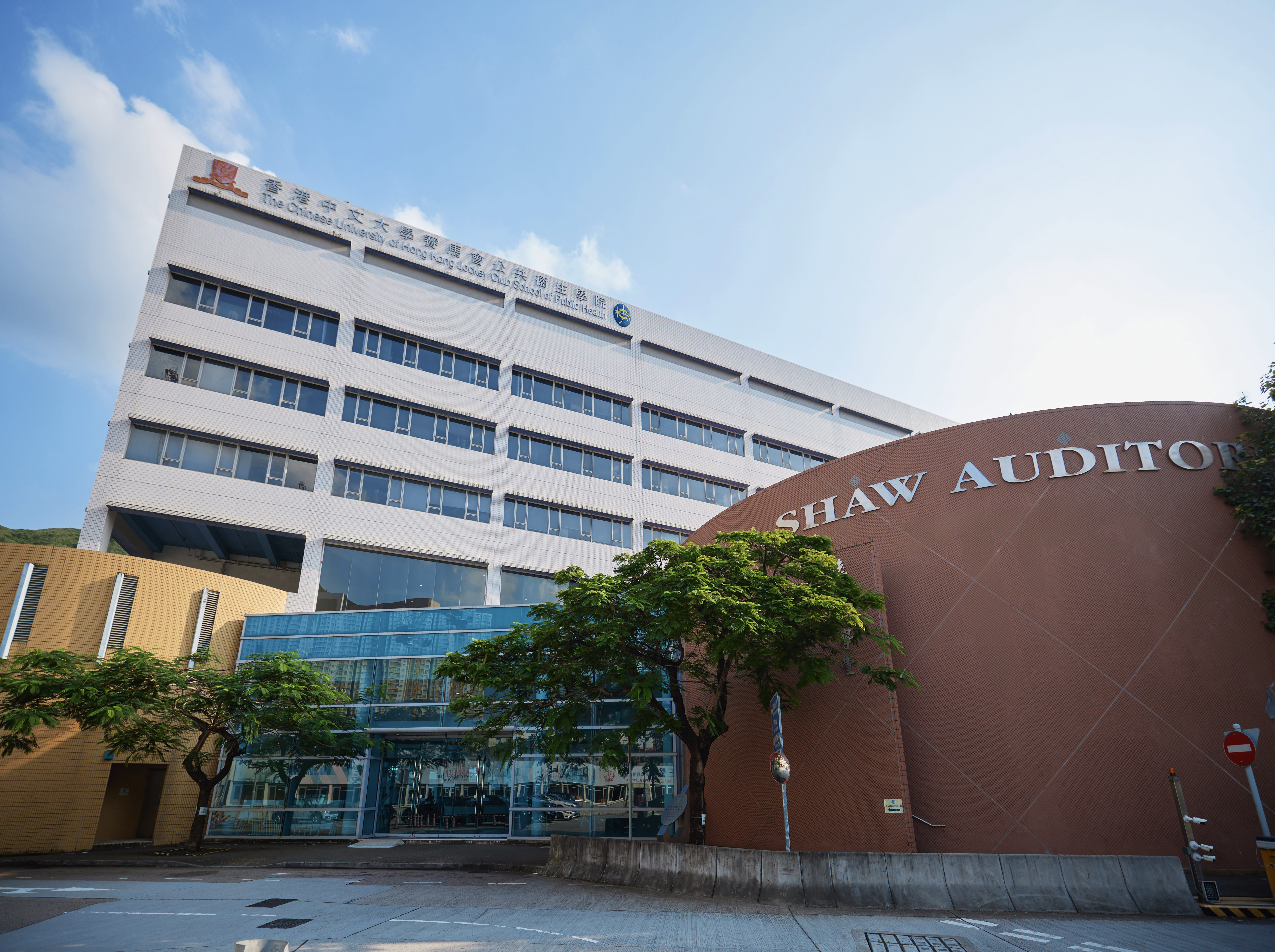While the global AI market is expected to reach US$3.68 trillion by 2034, biotechnology is forecast to surpass it — hitting an estimated US$5.85 trillion in the same period. It’s a quiet giant that’s quickly becoming the backbone of healthcare innovation, disease prevention, and precision medicine.
To position yourself at the forefront of this transformation, consider The Chinese University of Hong Kong (CUHK). Just a 30-minute train ride from the city centre, its green, hillside campus with views of Tolo Harbour, offers both serenity and strategic access to Asia’s rising biotech hub.
Convenience aside, CUHK consistently ranks among the top 40 universities worldwide and is internationally recognised as a leader in genetics, genomics, and precision medicine. At the heart of this excellence is the School of Biomedical Sciences (SBS), which designs programmes specifically for tomorrow’s researchers, clinicians, and industry changemakers.

SBS faculty members are open, supportive, and ever-willing to share their knowledge. Source: The Chinese University of Hong Kong
Where global talent meets biomedical innovation
If you’re in need of a solid foundation, your SBS journey could start with the BSc Programme in Biomedical Sciences. 30% of its annual intake is made up of students from over 15 countries, many of whom are supported by scholarships from the university or the Hong Kong government.
The curriculum is both innovative and interdisciplinary, equipping you with the skills to pursue a career as a biomedical scientist or take on specialised roles in advanced therapeutics, clinical genetics, bioinformatics, and the legal aspects of biomedicine. Alumni from this young programme are already working in leading academic institutions, pharmaceutical companies, and major healthcare organisations.
This success is partially credited to SBS’s industry connections and partnerships with local hospitals, which provide students with hands-on experience in commercial laboratories, entrepreneurship, and clinical services.
“After my freshman year, I completed the summer undergraduate biomedical research attachment (SUBRA) at the iTERM,” says Zhirenova Zhamilya, an international student from Kazakhstan.
“I’ve also conducted research in the Motor Neuroscience Lab and interned at Rohto Advanced Research Hong Kong Limited (RARHK) and the Hong Kong Institute of Biotechnology (HKIB) Advanced Therapy Products (ATP) Good Manufacturing Practices (GMP) centre.“
Believing that “Hong Kong is the right place to be and succeed in biotechnology,” Zhamilya decided to pursue her graduate studies at SBS, too.
Explore, experiment, excel
Graduate education at SBS offers two pathways: the two-year MPhil and the four-year PhD. Both are designed to help you become a leader, whether you see yourself in research, academia, or senior management roles. You will explore some of the most exciting areas in science today, including cancer biology and experimental therapeutics, developmental and regenerative biology, and neural, vascular and metabolic biology.
It was this research excellence that attracted Dr. Dinglan Wu. “Inspired by my early research on prostate cancer and the potential of biomedical research to address health issues, I joined the PhD programme in 2009. Under Professor Franky L. Chan, I focused on the orphan nuclear receptor TLX and its role in prostate cancer development and hormone resistance,” she shares.
Beyond technical training, Dr. Wu gained essential skills for scientific research and presentation, data management, AI modelling, and bioethics. “The supervision I received was transformative, teaching me the art of experimental design, critical thinking, and clear scientific communication,” she says.
What truly set SBS apart, however, was its spirit of collaboration. Faculty members were open, supportive, and generous with their knowledge. The best part? Academic calendars were filled with opportunities for students to grow their network.
“The annual SBS Research Day broadened my perspective and fostered a culture of mutual learning,” explains Dr. Wu. “PhD students can attend international research conferences too, such as the American Association for Cancer Research (AACR) Annual Meeting.”
And if you’re still unsure if research is for you, CUHK’s summer workshops are a great way to explore. You’ll meet top professors and hear from research postgraduate students to deep dive into what the journey really entails.

With strong support and access to advanced tools, SBS helps students take on real-world biomedical challenges with confidence. Source: The Chinese University of Hong Kong
Well-rounded support
Academics aside, student life at CUHK is full of opportunity and Zhamilya, previously a Biomedical Sciences undergraduate and currently a PhD student at SBS, made sure to take advantage of this. “I was the Internal-Vice President at the Morningside College Student Union, an Academic Officer at the Society of the School of Biomedical Sciences, and an event manager at the Central Asian Association,” she says. “My university life was full of vivid impressions, great people, and exciting moments.”
To ensure you focus on learning and growth, CUHK provides a range of financial support, including monthly non-taxable studentships, scholarships, prizes and awards. Notably, most postgraduate students in the MPhil-PhD programme receive a monthly studentship that covers tuition, housing, and general living costs. Affordable on-campus housing is offered to all international students as well and for top academic performers, there’s the Hong Kong PhD Fellowship Scheme.
The collective experience fuels post-graduation success. Dr. Wu, for instance, is now an Assistant Professor in the Department of Surgery, Faculty of Medicine. “I aim to advance biomedical sciences by developing innovative diagnostic tools and novel therapeutic targets for prostate cancer,” she shares. “The rigorous training in scientific thinking, research methods, data analysis, and scientific writing empowered me to lead such independent projects.”
Follow the School of Biomedical Sciences on X, LinkedIn, and YouTube.













